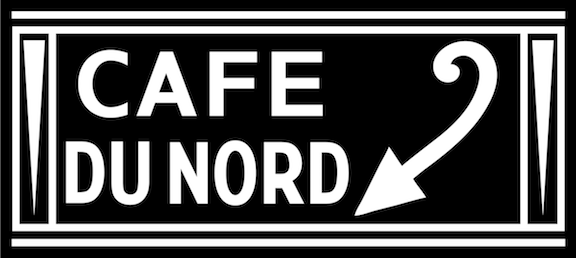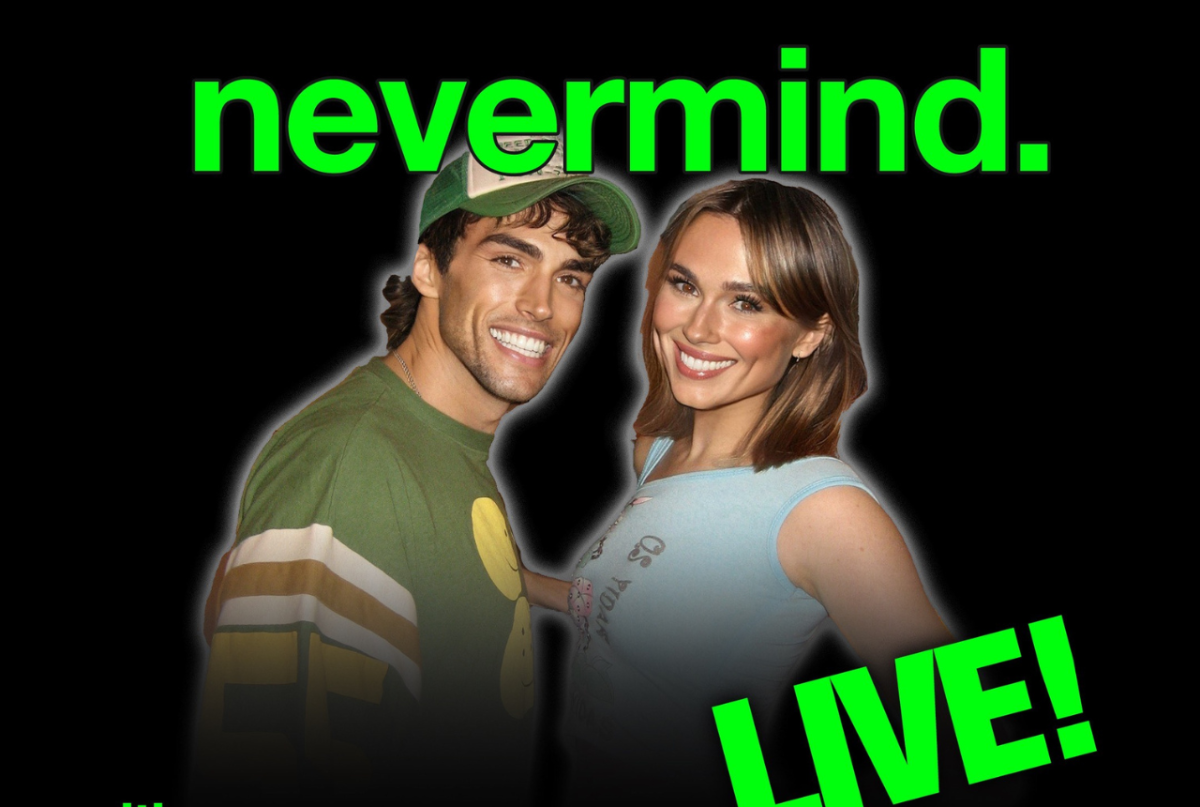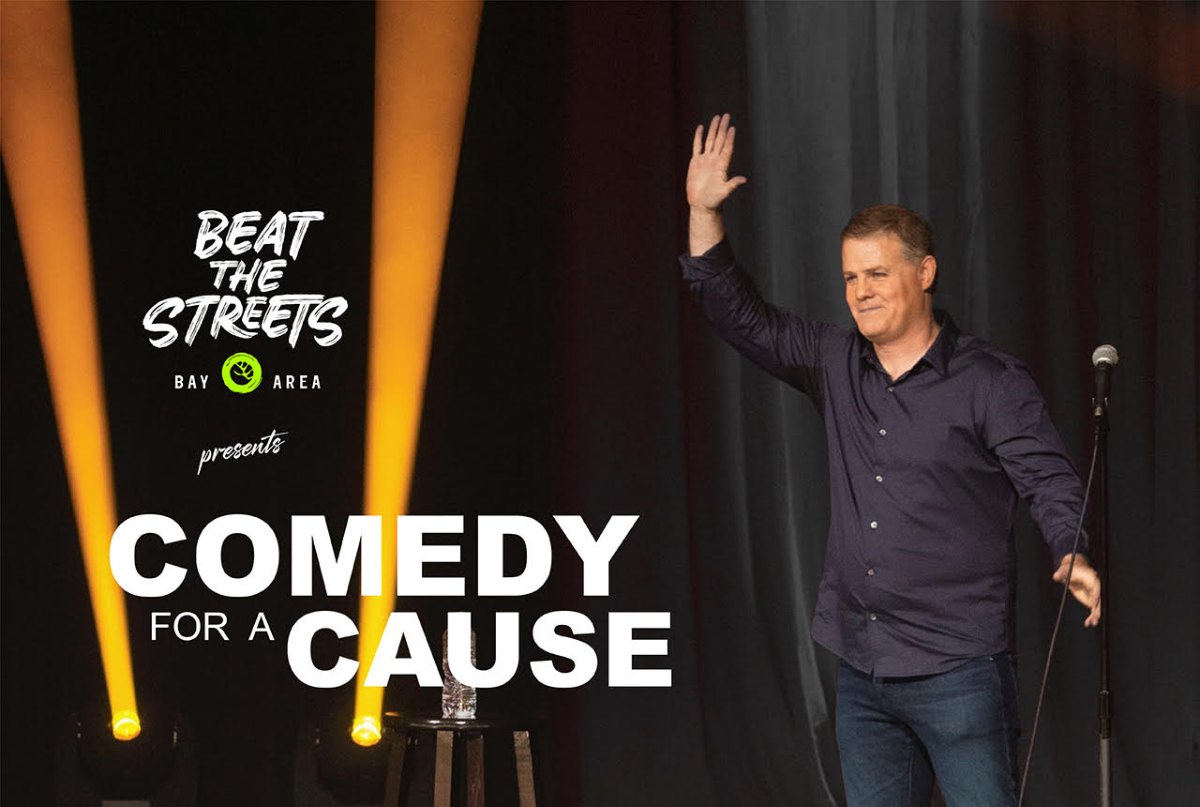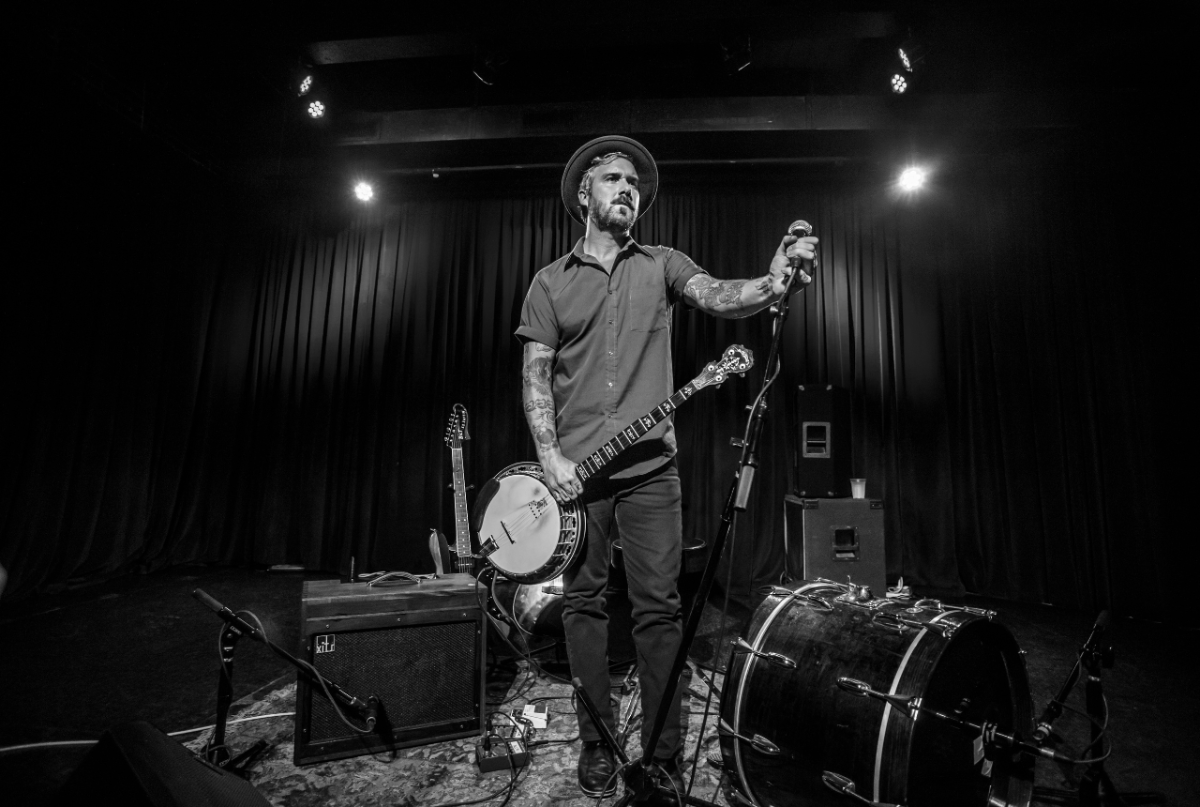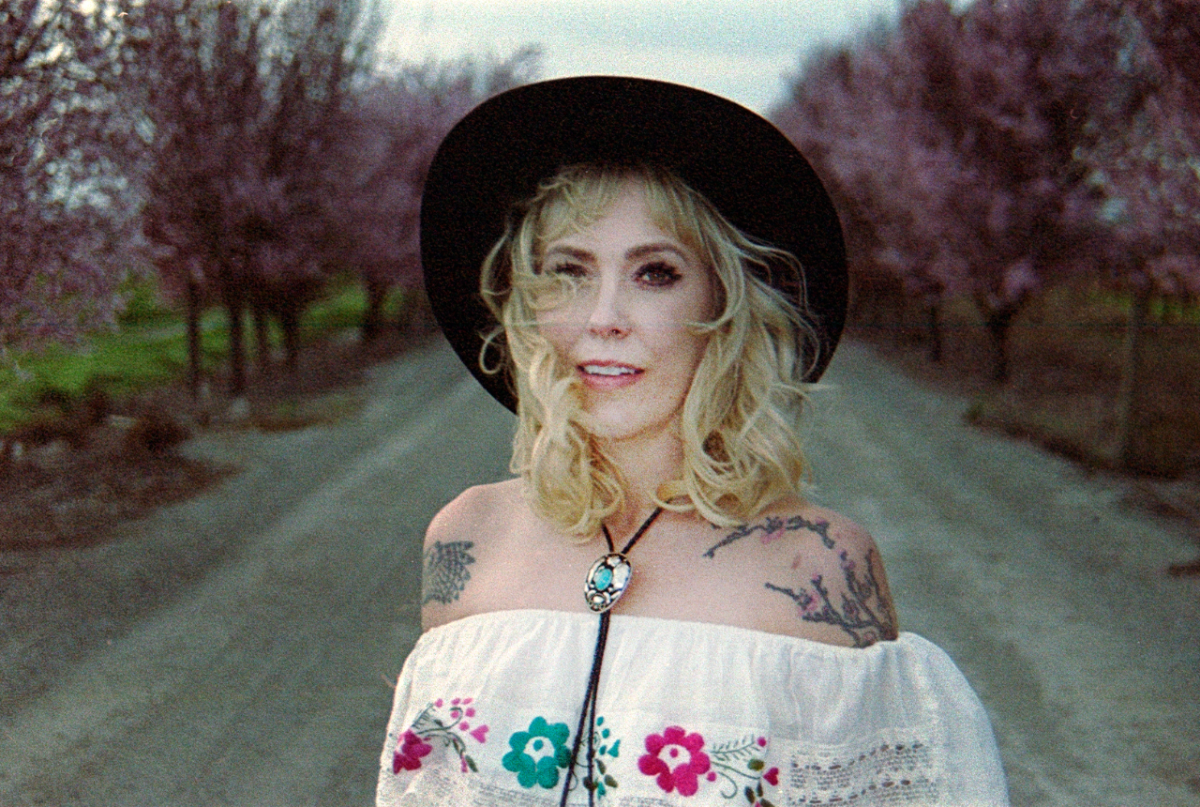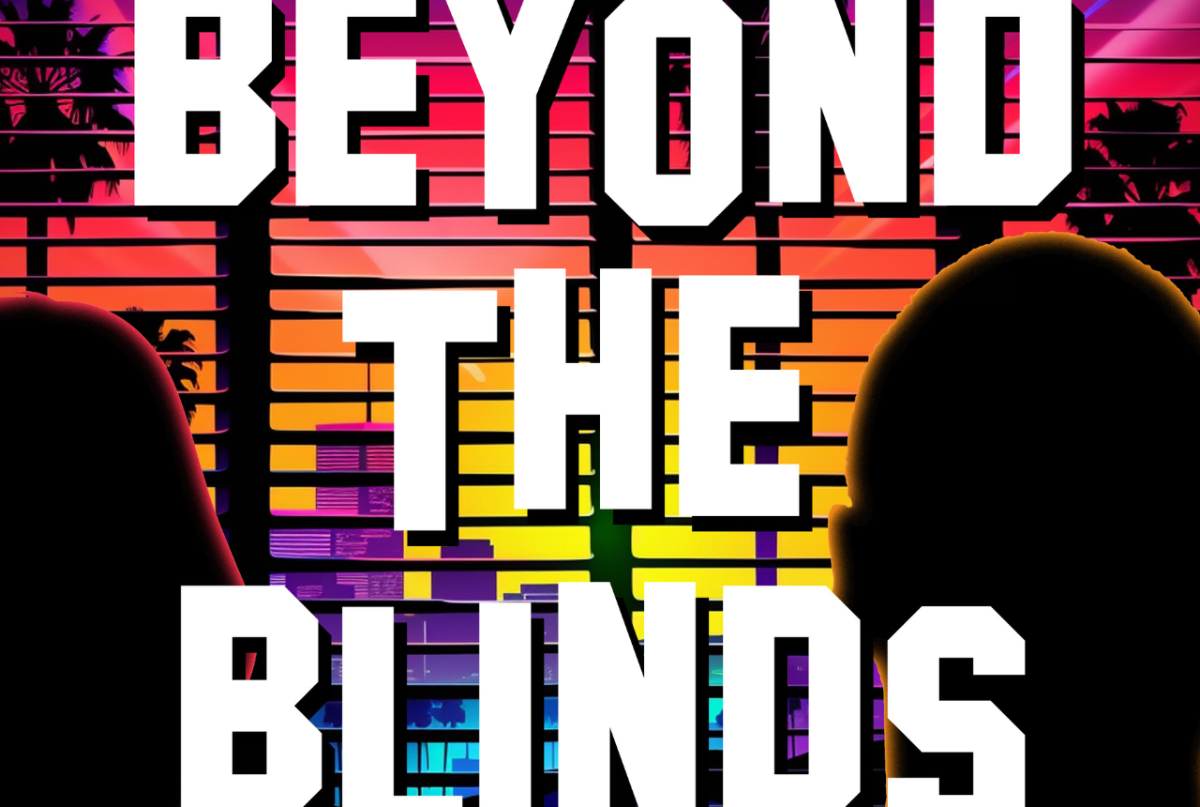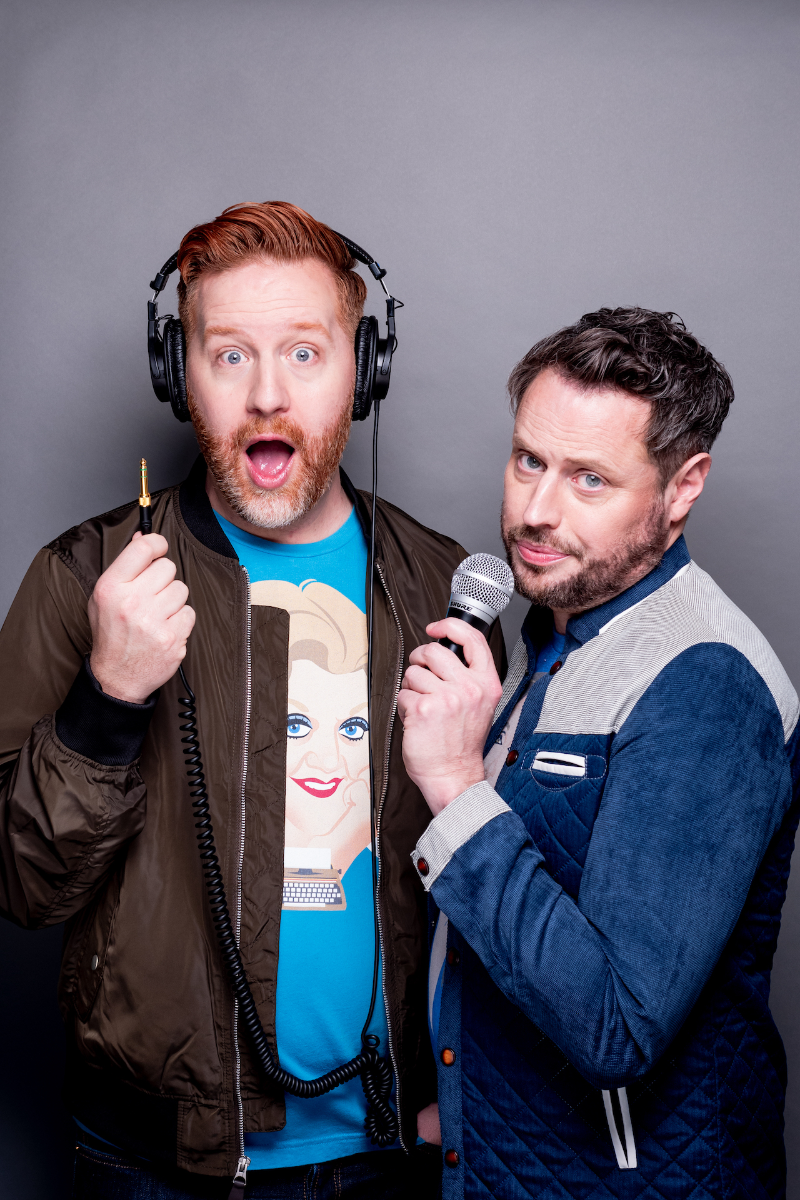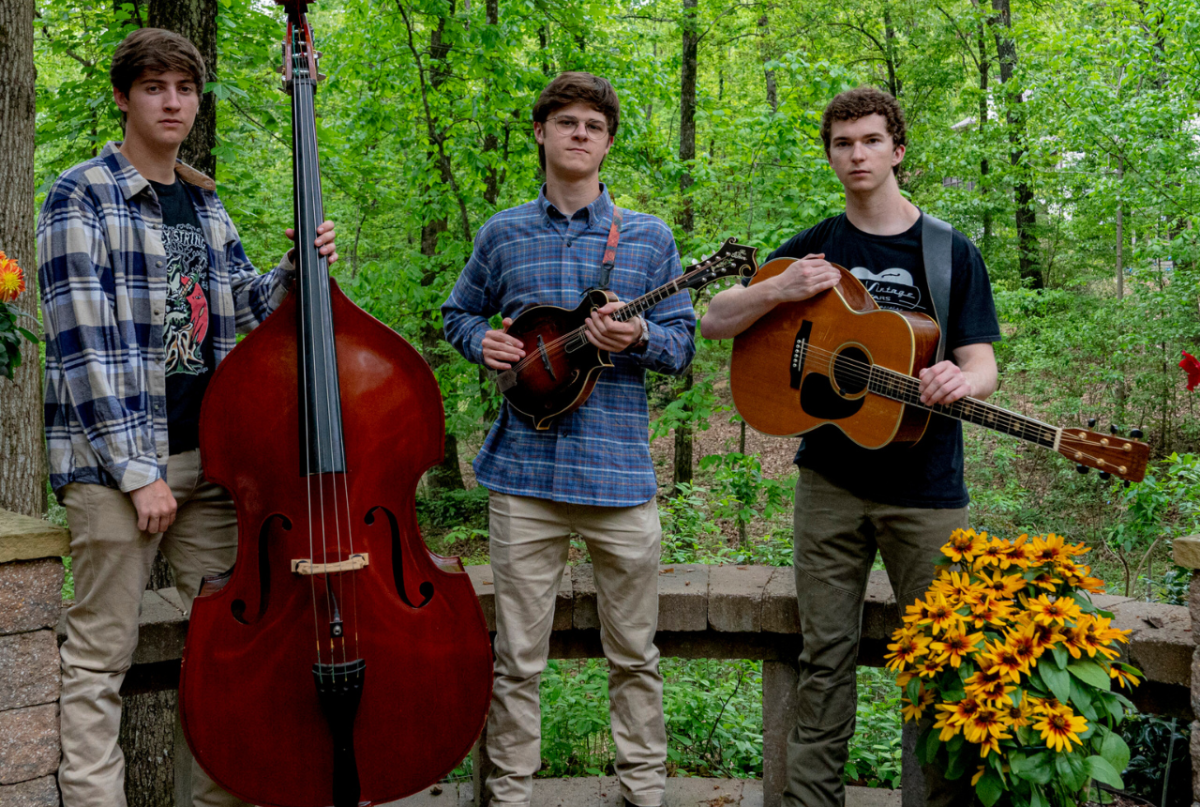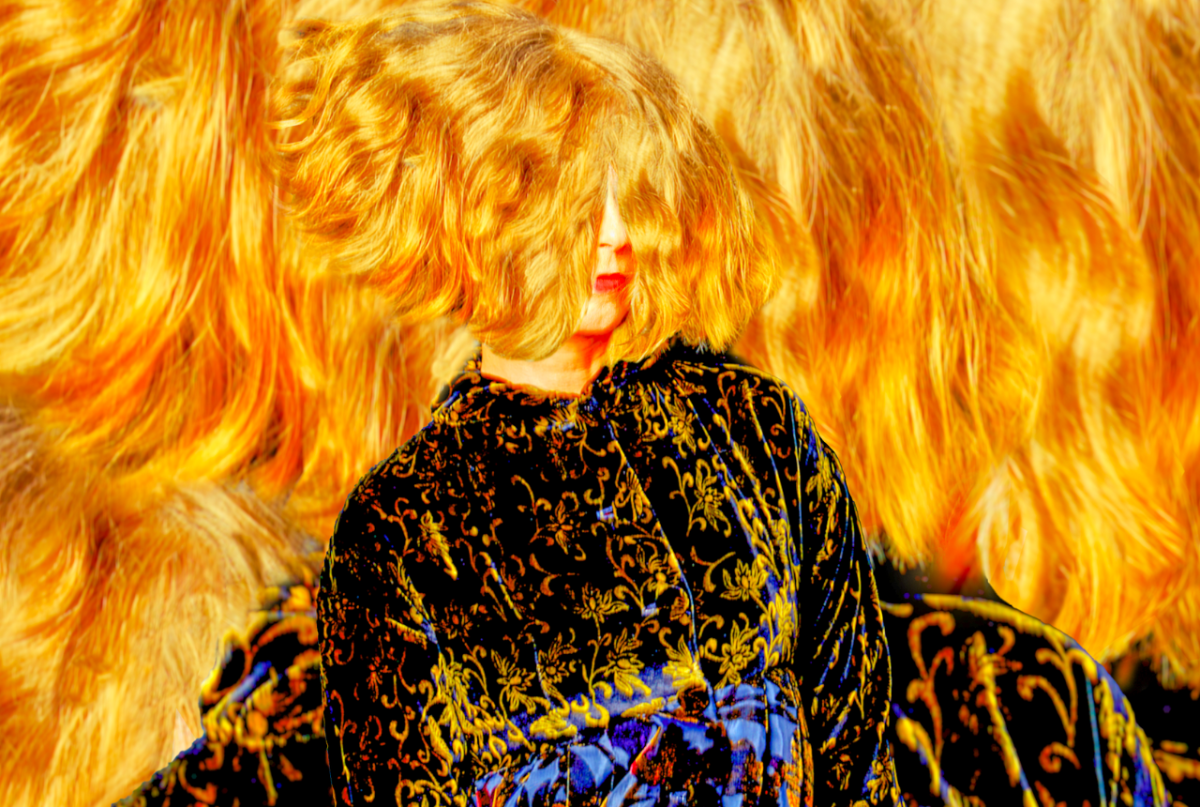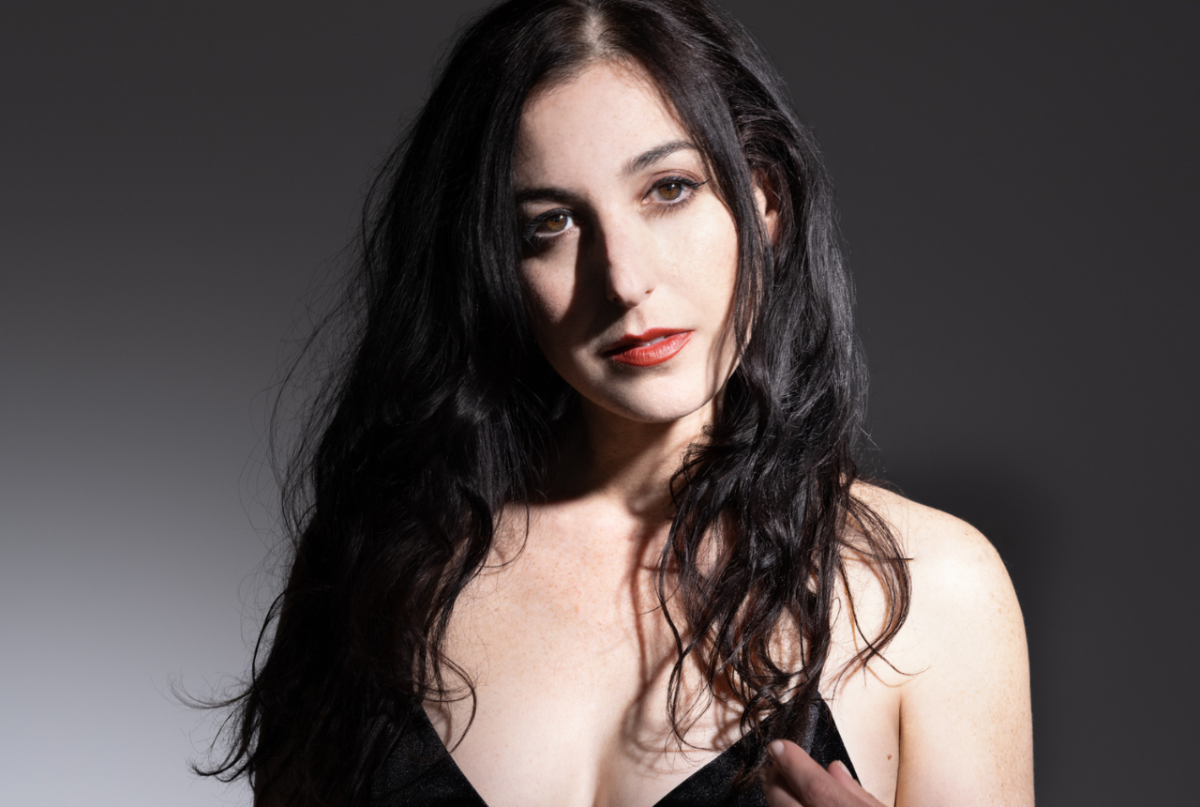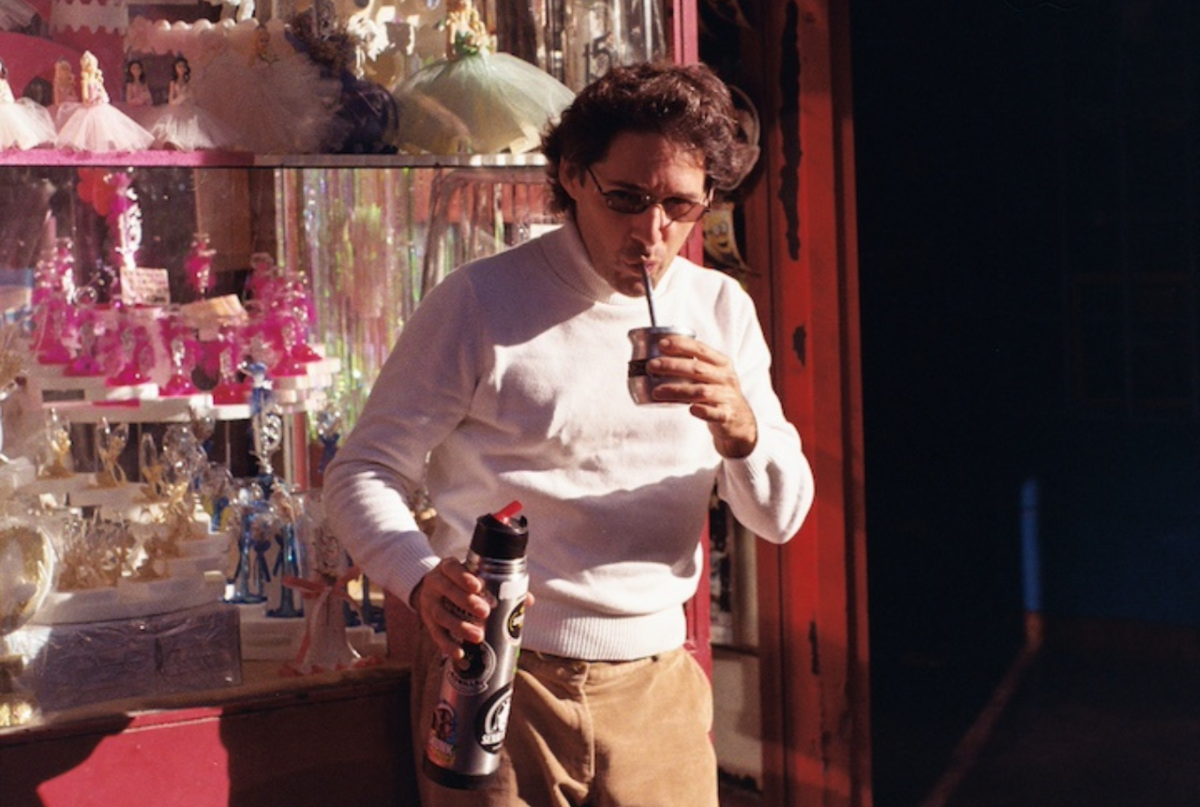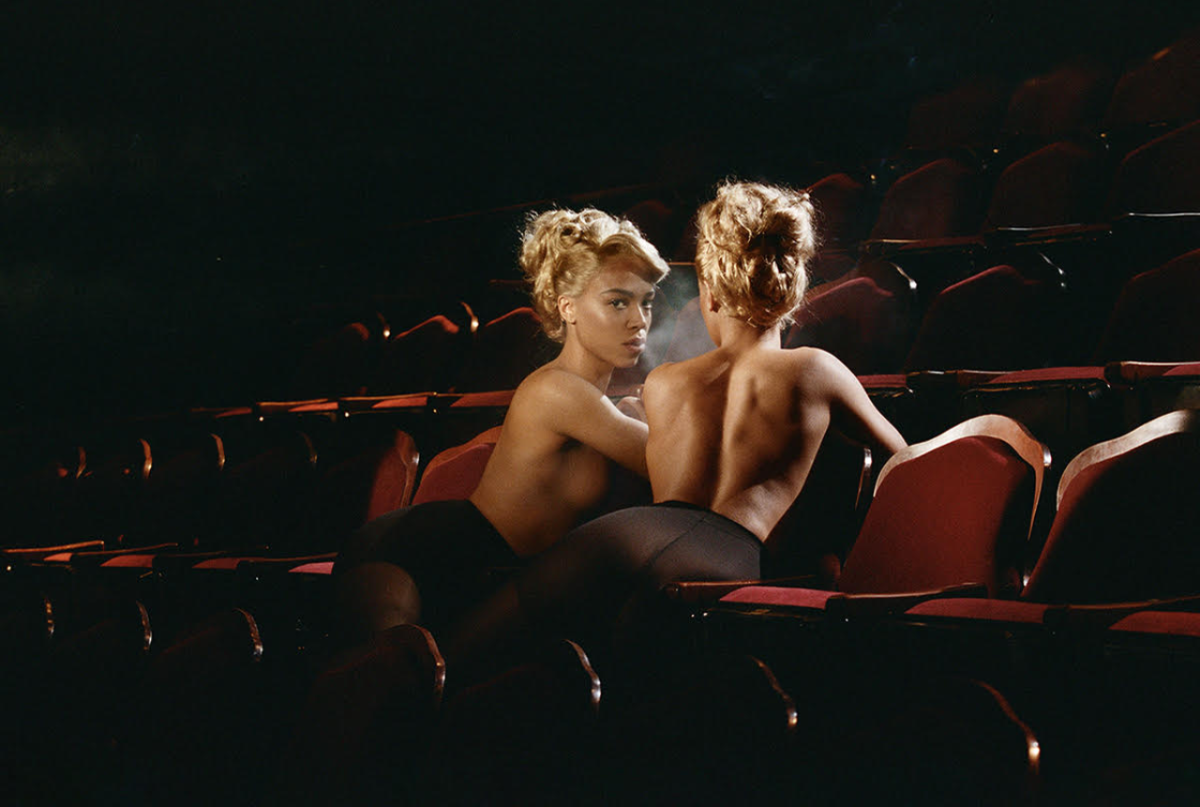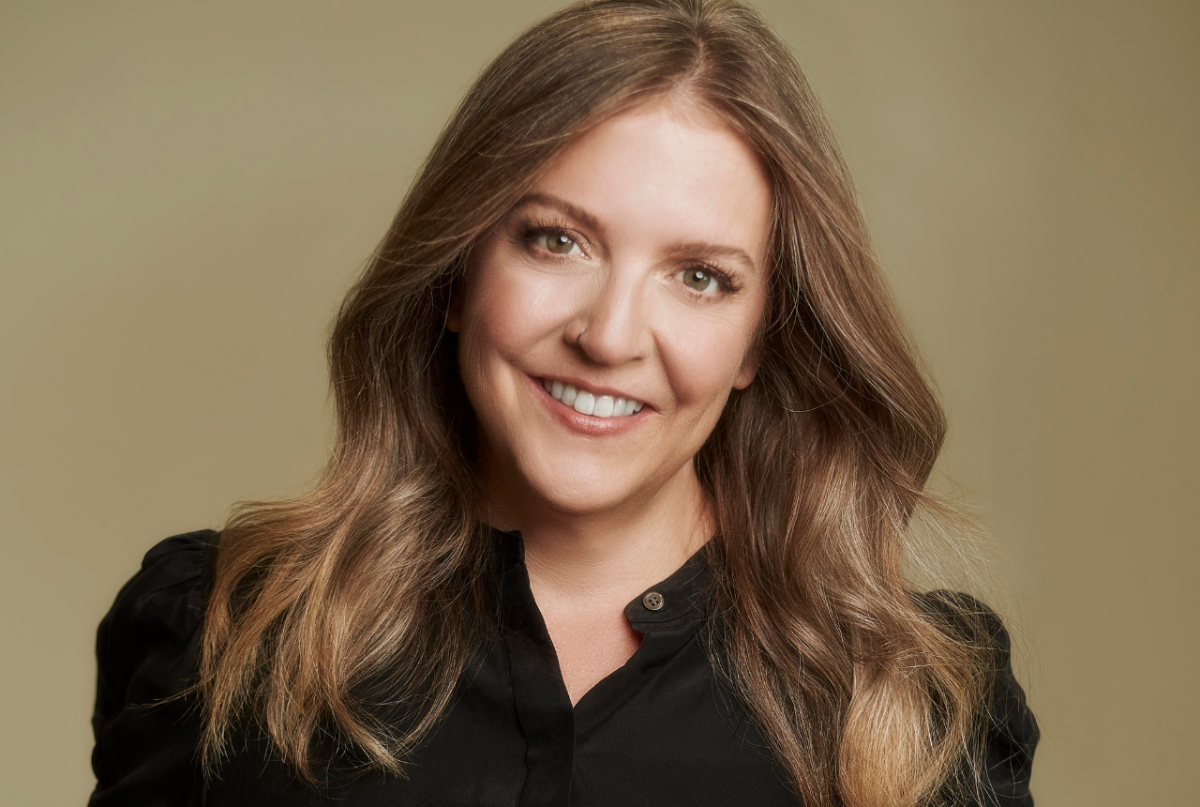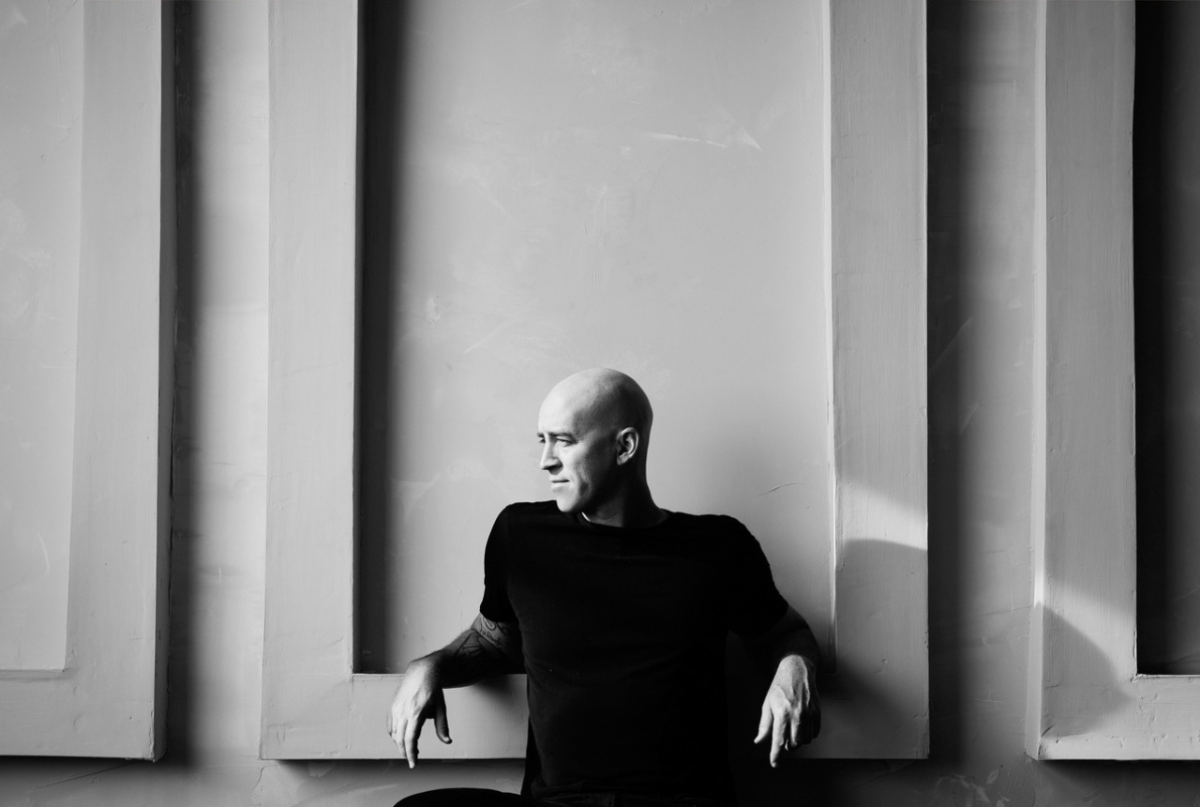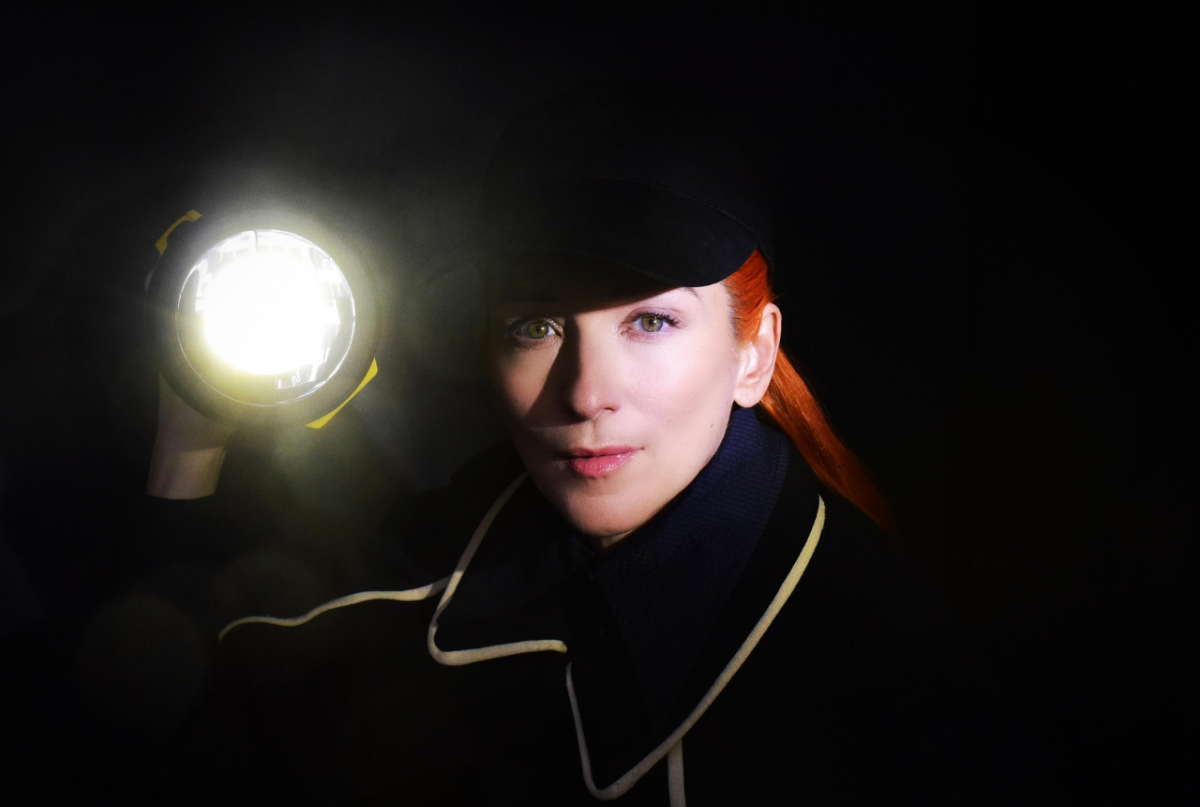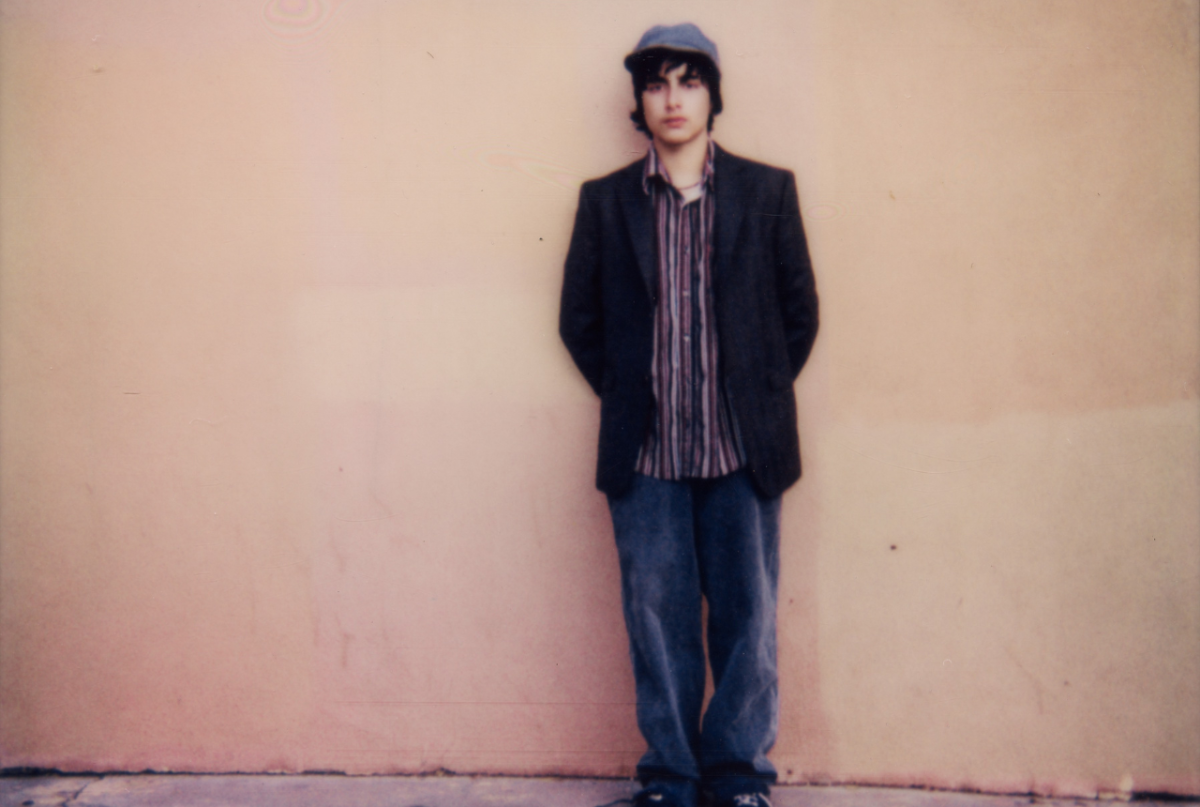
For any event that is listed as 18 or 21 and over, ANY ticket holder unable to present valid identification indicating that they are of age will not be admitted to this event, and will not be eligible for a refund. Any event listed as All Ages, means 6 years of age or older. ALL tickets are standing room only unless otherwise specified. If you need special accomidation, contact info@cafedunord.com.
Support acts are subject to change without refund.
Professional Cameras are not allowed without prior approval. Professional Camera defined as detachable lens or of professional grade as determined by the venue staff. When in doubt, just email us ahead of the show! We might be able to get you a Photo Pass depending on Artist’s approval.
Artists
Superfan
Superfan (Kali Flanagan) knows a thing or two about rebirth. Flanagan is just a hair older than 19-years-old, but the New York City-based artist has already changed their artist name, gone through a bold stylistic transformation and moved across the country. When talking about it all their eminently straightforward. This is their life after all, and their new album, Tow Truck Jesus, is a granular, 11-track accounting of a person's coming-of-age.
"I'm not a trust fund baby/I can't afford to live in New York City" they sings on album opener, When You Come to LA, teeing up what listeners will hear detailed during the rest of the album and singing, "I bet you think I'm a leech because I live with my parents/I'm using my transition as an excuse/I'm taking the T-shot and getting my tits chopped/don't know how to start to explain/I'll look like a different person when you come to LA." So begins Flanagan's life's unfolding: "I wasn't in school, I fired my management, I was living at home, in a long-distance relationship, spending time in New York, and on top of that, I was transitioning," they say of the time their wrote the album. "[My transition] is part of the story, but there are so many layers to the context of this record." Their details this context in his signature, deadpan style. There's something radical about how straightforward Flanagan is in telling their story, as if any attempt to render it in vague poetics would take away from the immediacy of life as it is.
It's that confident, unique lyrical style that has propelled Flanagan's ascent. After changing their artist name from KALI and resetting his artistic trajectory, Flanagan started a residency at L.A.'s historic Genghis Cohen, where they played barebones versions of what would become Tow Truck Jesus. "[The residency] forced me to avoid otherthinking. If I felt like something was done, it was done," Flanagan remembers. Flanagan's residency became an immediate scene, as word spread that something special was happening with Flanagan and their budding project. Artist Nick Hakim and the Hellp's Noah Dillon both attended, as did The Strokes's Julian Casablancas, who was so taken by Flanagan's mature artistry that he invited them to open for the band at Colorado's most iconic venue: Red Rocks Amphitheatre. When Flanagan asked Casablacas if he wanted them to prepare a set with a band, Casablancas insisted that he play solo and acoustic, just as he heard it.
Continuing to write the album as life unfurled, Flanagan began to work with producer Gabriel Wax (Soccer Mommy, Adrienne Lenker). They took deep lessons from past collaborations with producer Tony Berg, and thought long and hard about their past projects, Maltman and Effie and CIRCLES, which featured a busier, more lush production style. In the end, Wax and Flanagan honed in on a pared-down sound that centered the grit of Flanagan's diaristic writing-style, while still highlighting Flanagan's multi-modal musicality. Flanagan played the guitar, bass, drums and keys throughout the project.
Also of tantamount importance was Flanagan's voice itself, which can be heard shifting throughout the record as Flanagan undergoes Hormone Replacement Therapy. As their voice settles into its gravelly lower register, you can hear them settle too into adulthood, along with their relationship to themselves and love. "So we're confessing our sins tonight/I get turned on all the time/Don't use the accident I deny /Your presence is the future on my mind", he sings on album standout Navy Blue, a restless ode to new desires.
Other songs address the changes Flanagan and their body are undergoing head-on. "Sewn Up and Handsome", which was written as they recovered from top surgery, is an unflinching rumination on both physical recovery and spiritual disjuncture. "It's curious to watch your relationship with the actual transition evolve," they say. "To a certain extent, [I realized that] the validity in your identity is in the hands of outside people, whether they [accept you] as 'real' or not." They think through these thorny questions of visibility, expressing sentiments of desire, dysphoria and nostalgia in their quintessentially straight forward style, singing, "I wanna feel less miserable/So I'm trying to get physical/Will I always be so visible?"
As the record strides ahead, a new sense of self-knowledge and confidence begins to take shape. Their dark, deadpan affect still lives on, but a new defiance begins to light warmly from behind the cracks. They sings with shaky consternation on the mantra-like "It's Not the Worst I've Looked but the Most I've Cared About It." The song was written after their first month of solo travel through Europe and circles the drain of dissociation. "I was commenting on the vacuum of self indulgence and superficiality in LA, finding it more blatant after returning from a month of solo travels abroad," they remember. But even as that vacuum pushes them towards isolation, one can hear Flanagan's steadfast insistence on presence, on life. "I don't want to see my shoulders as I'm looking down at my feet/I'm trying to stop tracing all the veins that decorate the arms of my surroundings."
By the time the album-closer, "Everybody Rides the Carousel," rolls around, one has a sense of untidy closure, that Flanagan has settled into their adulthood, and that self-doubt has begun to thaw away and something sturdier has taken its place. They describe the song as an "admittance of life's impermanence and the comradery that comes with acknowledging the shared experience of life's ebbs and flows." "Everybody rides the carousel/Everybody rides alone", they hums atop a propulsive churn of drums and cello. They're an artist, and an individual with a story wholly unique, but there is something small and typical about their story too. Everybody, after all, rides life's carousel. Few though notice it with such breathtaking, truthful detail.
Autobahn
Operelly
Related Events


